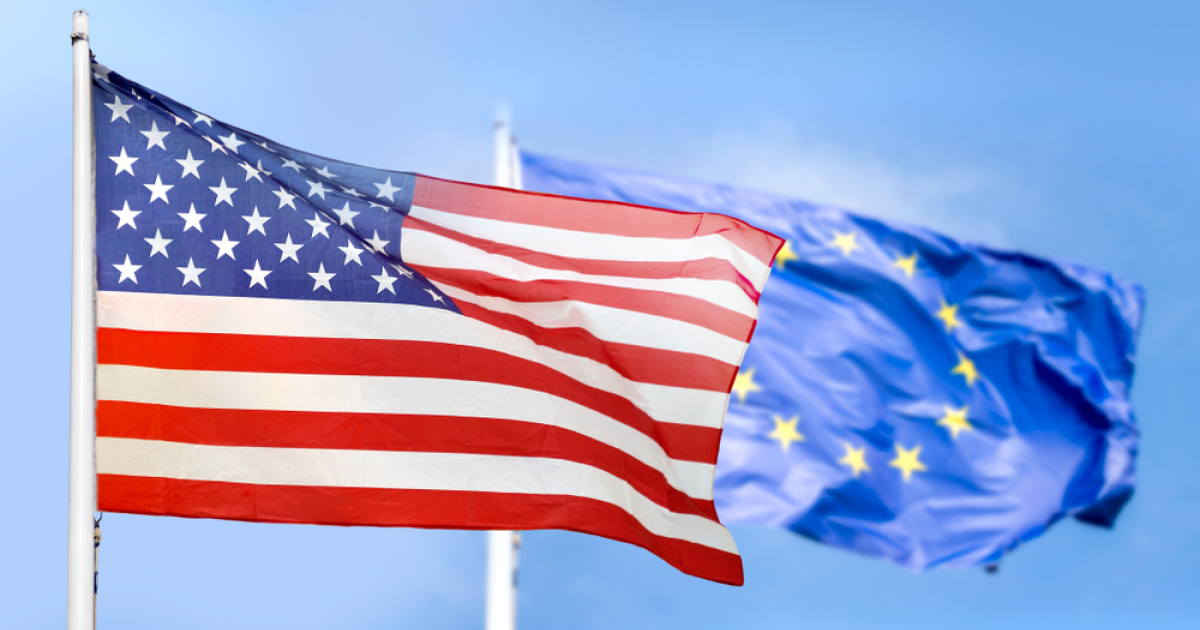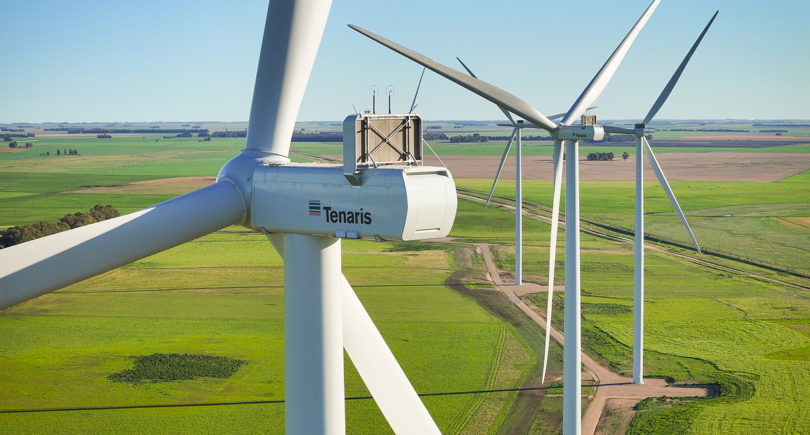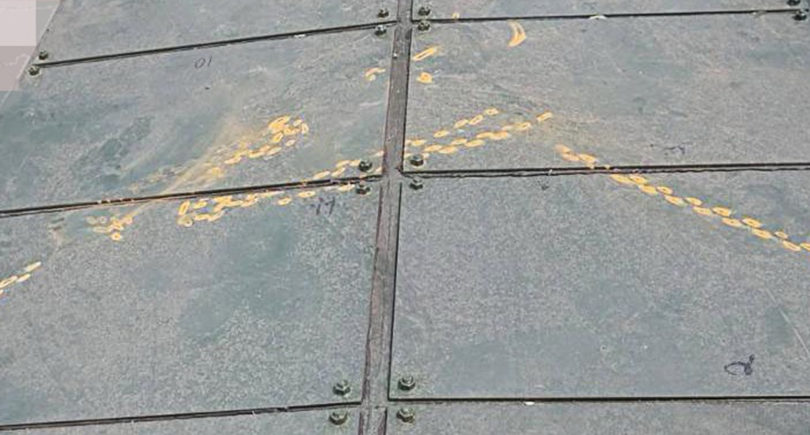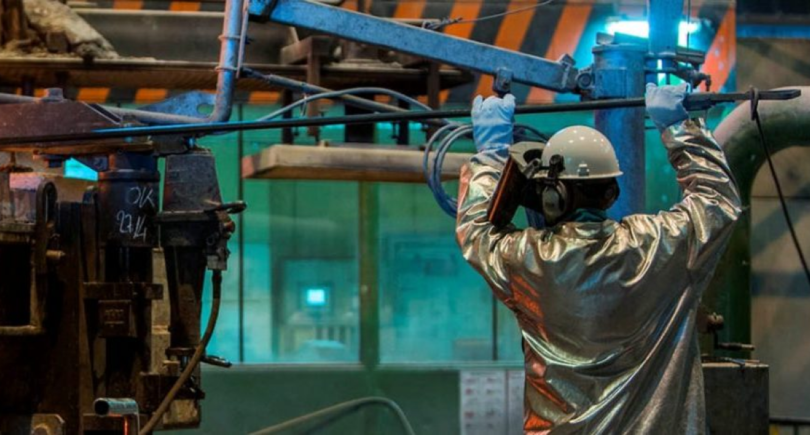
The EC is striving to achieve a system that more closely reflects trade flows
The United States should make tariff quotas on steel imports from the EU much less stringent, assuming they are extended beyond the end of this year. This was stated by Vice President of the European Commission Valdis Dombrovskis, Reuters reports.
Since January 2022, the United States has suspended the EU’s Section 232 import tariffs of 25% on steel and 10% on aluminum for two years. They were replaced by a system of tariff quotas (TRQs) that allowed the import of 3.3 million tons of European steel and 384 thousand tons of aluminum per year without import duties.
In October 2023, the parties were supposed to agree on measures to address overcapacity and promote low-carbon production. However, they failed to reach an agreement on the Global Sustainable Steel and Aluminum Agreement (GSA).
Washington proposed to extend the suspension of tariffs to allow more time for negotiations. Dombrovskis said after a meeting of EU trade ministers earlier this week that the bloc also wants this extension. However, while the EU has completely eliminated retaliatory tariffs, the United States has introduced a “hard” system of tariff quotas.
Dombrovskis said that the current system sets quarterly quotas for 54 different types of steel products for all 27 EU countries separately. According to him, EC officials are in intensive talks with their American counterparts to achieve a transition to a system that more closely reflects historical trade flows. For example, they are talking about quotas for the bloc as a whole with fewer products and for a period of six months or a year.
«There is some openness from the US side, but it remains to be seen how significant the improvements that the US side will be able to offer before deciding on the next steps,» Dombrovskis noted.
At the same time, the European Steel Association (EUROFER) notes that the EU and the US are still far from reaching a “sustainable” agreement by the end of 2023. The absence of a GSA is a missed opportunity both to ensure fair trade and to make progress on climate protection just before COP28, the association believes.
An ambitious binding international agreement aimed at addressing the existential challenges facing the steel industry worldwide should not become collateral damage from different views on both sides of the Atlantic on how to approach the US Section 232 issue, said Axel Eggert, CEO of EUROFER. According to him, it will naturally include a long-term and reliable solution to US tariffs. The absence of a GSA, the association said in a statement, also threatens the European steel industry’s decarbonization efforts.
As GMK Center reported earlier, the EC is seeking to reach a “steel” agreement with the United States by the end of this year to finally resolve the issue of US import tariffs on steel and aluminum.




